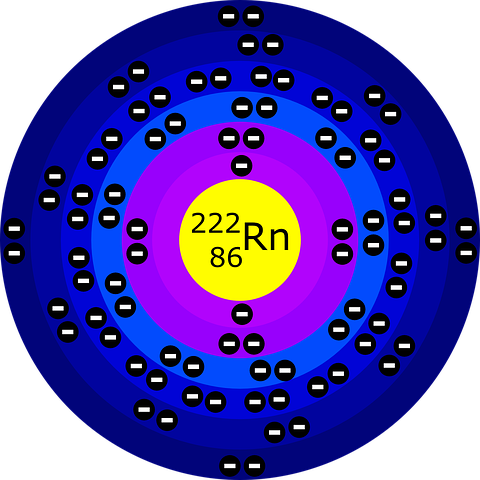Radioactive resources are natural or artificially produced materials that contain radioactive isotopes. These isotopes emit radiation in the form of alpha, beta, and gamma particles, which can be harmful to human health if they are not properly contained or shielded.
Radioactive resources are used in a variety of applications, including medicine, industry, and research. For example, they are used in cancer treatments, imaging, and diagnostics in medicine, and in measuring and testing materials in industry and research.
However, the use of radioactive resources also poses risks to human health and the environment. The improper handling, storage, or disposal of radioactive materials can lead to contamination of the air, water, and soil, as well as harm to workers and the public.
To mitigate these risks, regulations and guidelines are in place to ensure the safe use, transport, and disposal of radioactive resources. These regulations vary by country and are typically overseen by regulatory agencies such as the Nuclear Regulatory Commission in the United States or the International Atomic Energy Agency globally.
Radioactive resources are materials that contain radioactive isotopes, which emit radiation in the form of alpha, beta, and gamma particles. These isotopes can be naturally occurring, such as uranium and thorium, or artificially produced through nuclear reactions.
Radioactive resources have a wide range of applications in medicine, industry, and research. For example, they are used in cancer treatments, medical imaging, and diagnostics, as well as in industrial and research applications such as radiography and materials testing.
However, the use of radioactive resources also poses risks to human health and the environment. Exposure to radiation can cause a variety of health effects, ranging from acute radiation sickness to an increased risk of cancer and genetic mutations. Therefore, the safe handling, transport, storage, and disposal of radioactive materials is essential to minimize the risks associated with their use.
Regulations and guidelines exist to ensure the safe use of radioactive resources, and these regulations vary by country. Regulatory agencies such as the Nuclear Regulatory Commission in the United States and the International Atomic Energy Agency globally oversee the use of radioactive materials, enforcing strict protocols for their use and storage.
Radioactive resources can also be a concern in the event of a nuclear accident or incident. In such cases, emergency response procedures must be followed to minimize the release of radioactive materials and to protect the public from exposure.
In summary, radioactive resources have a wide range of applications and benefits but must be used and handled safely to minimize the risks associated with their use.
: Source- ChatGPT









